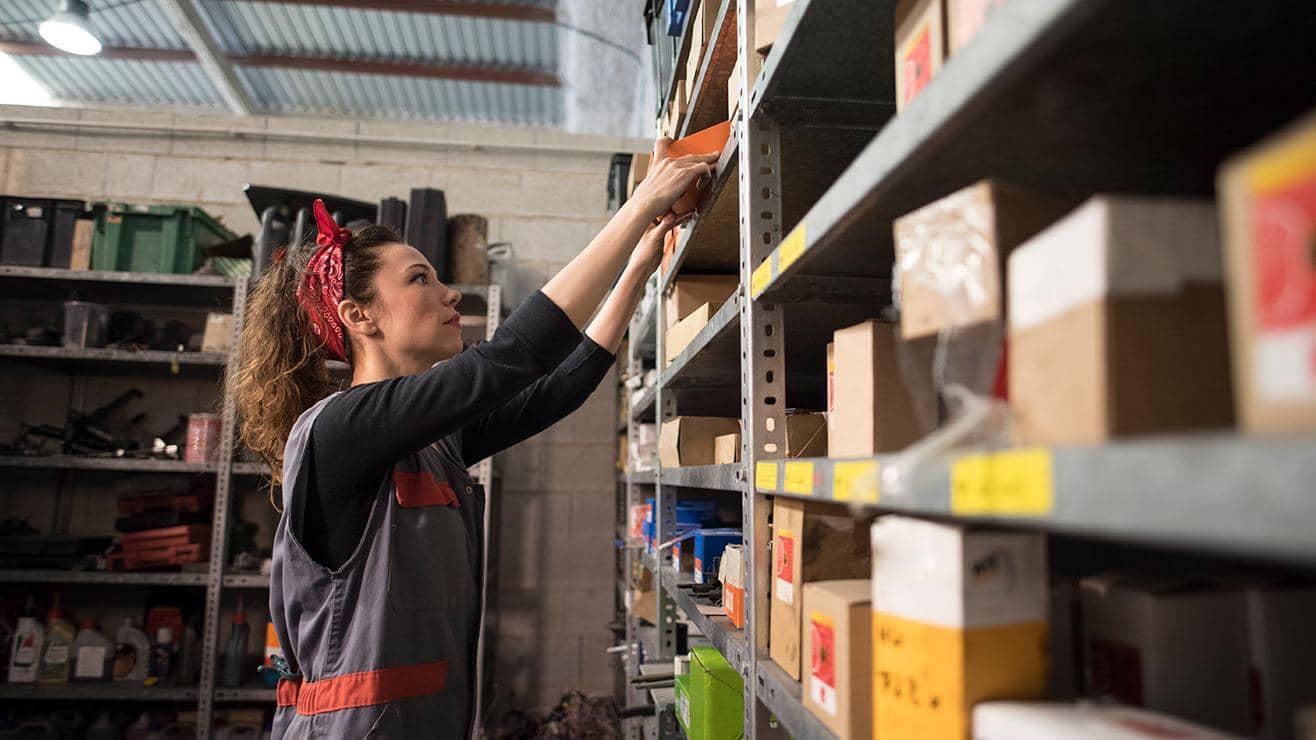
Becoming an exporter
10 tips on selling overseas
Taking the step to becoming an exporter is exciting, if a little daunting. These tips from the Department for International Trade (DIT) could help.

Could it be time for you to start exporting?
Simon Spinks, MD of Leeds-based luxury bed maker Harrison Spinks, discusses the importance of exporting.
Exporting may seem like a difficult step to take for some businesses, but not only are there huge benefits, there’s also plenty of help available if you look in the right places.
Businesses are 11% more likely to survive if they export, according to research by UK Trade and Investment (UKTI). As we recover from the deepest recession we’ve seen in decades, some areas of the British economy remain quite fragile, so it’s wise for companies to hedge their bets in other markets. Entering export markets can boost turnover and improve innovation as firms develop new products for particular markets. It can also reduce exposure to risk, by distributing sales across various countries or regions.
Businesses need to take their time with exporting. We’ve found that initial moves have to be very considered. For example, everyone thinks of China and the US as the lands of opportunity when it comes to exporting. But depending on your product or service, different systems and laws can make it very difficult to get your product into these markets.
That’s not to say there aren’t options – you just have to be innovative in your approach. From our perspective, the US has very strict laws around products being flame retardant, so we export components to the US rather than our whole mattresses. It’s about finding out which markets work best for your business.
UKTI can help. It has embassy teams on the ground in over 100 markets across the world. These teams understand the local markets, and the feedback and initial research they can provide is very thorough.
We have found UKTI extremely useful, but not enough businesses know about its services. I would really like to see the government doing more to increase awareness of UKTI. In our case, it was actually our bank, Barclays, who were first to introduce our business to UKTI, which was a crucial step for us.
If more businesses knew about and used the support on offer, then as a country we would be better positioned to get on the export trail. Businesses could generate more turnover, more profit and more investment, and that’d be good for Britain’s economy as a whole./
Businesses also need to look further afield in their exporting ambitions. If you examine where Britain is in terms of exporting, you’ll see that our biggest markets still tend to be fairly local – mostly in the EU. But there are massive opportunities for those with a robust plan aiming to export outside of the EU.
Planning is key. Companies must be innovative with their portfolio of products. There’s no point in exporting if they have a product that fails to stand out in any given market. Points of difference are essential.
Businesses should target the countries they think will give them the best initial route to market. Once they’ve done that, it’s essential to find the right partner on the ground. It’s easy to invest a lot of good money after bad if you get that wrong, and that can be absolutely disastrous, and could even destroy your brand.
In order to begin exporting successfully, companies must have access to funding and this, whether it’s through banks or private equity, can be very difficult. That needs to change.
Businesses require access to expertise and finance to export. More must be done to give them that access and help them grow through exporting.
Businesses should implement well-researched export strategies in order to develop themselves. Resources like UKTI are incredibly useful, and the government should do more to raise awareness of these services to boost growth among UK enterprises.

10 tips on selling overseas
Taking the step to becoming an exporter is exciting, if a little daunting. These tips from the Department for International Trade (DIT) could help.

Start exporting with Barclays Business Abroad
We launched Barclays Business Abroad in 2012 to help make sure businesses have support to trade internationally in a safe and secure way.